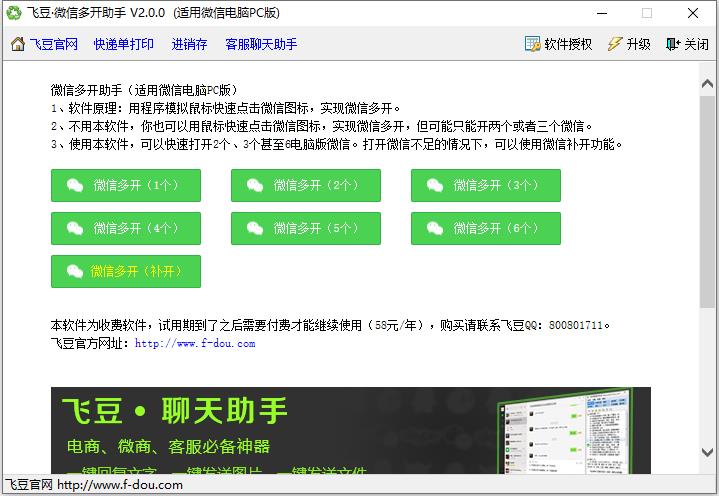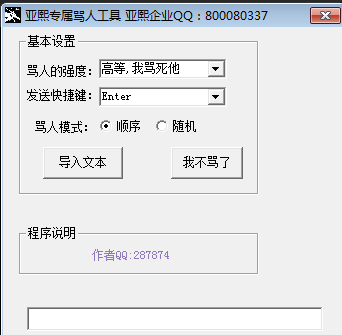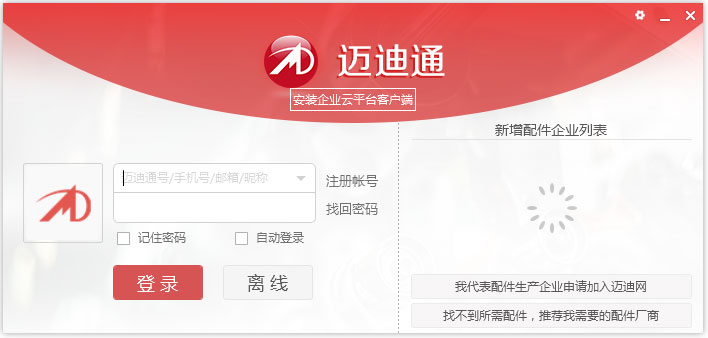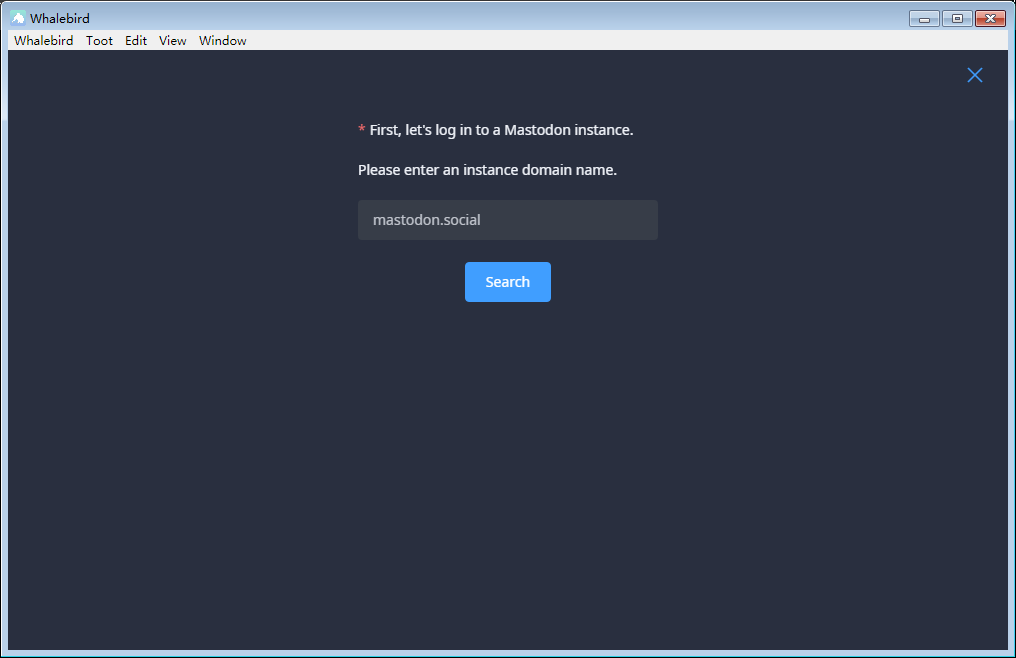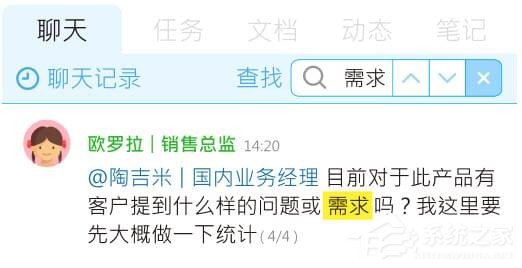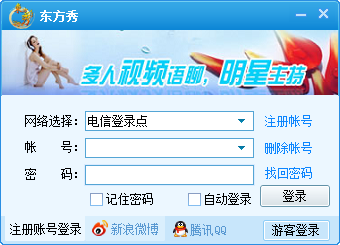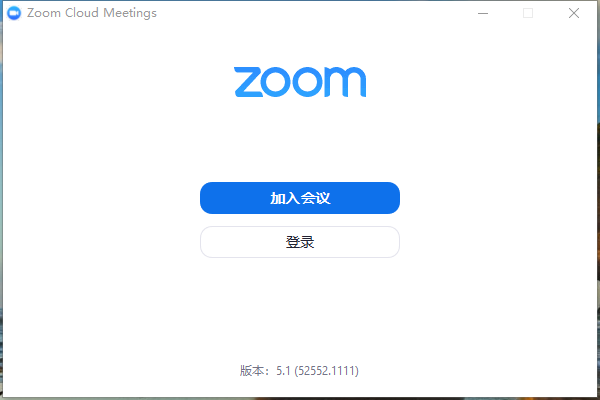Springboot集成MongoDB
时间:2022-03-15 08:30
简介
MongoDB(来自于英文单词“Humongous”,中文含义为“庞大”)是可以应用于各种规模的企业、各个行业以及各类应用程序的开源数据库。作为一个适用于敏捷开发的数据库,MongoDB的数据模式可以随着应用程序的发展而灵活地更新。与此同时,它也为开发人员 提供了传统数据库的功能:二级索引,完整的查询系统以及严格一致性等等。 MongoDB能够使企业更加具有敏捷性和可扩展性,各种规模的企业都可以通过使用MongoDB来创建新的应用,提高与客户之间的工作效率,加快产品上市时间,以及降低企业成本。
安装mongoDB
创建项目
pom
<?xml version="1.0" encoding="UTF-8"?>
<project xmlns="http://maven.apache.org/POM/4.0.0"
xmlns:xsi="http://www.w3.org/2001/XMLSchema-instance"
xsi:schemaLocation="http://maven.apache.org/POM/4.0.0 http://maven.apache.org/xsd/maven-4.0.0.xsd">
<modelVersion>4.0.0</modelVersion>
<groupId>com.test</groupId>
<artifactId>springboot-with-mongodb</artifactId>
<version>0.0.1-SNAPSHOT</version>
<packaging>jar</packaging>
<name>springboot-with-mongodb</name>
<description>Demo project for Spring Boot</description>
<parent>
<groupId>org.springframework.boot</groupId>
<artifactId>spring-boot-starter-parent</artifactId>
<version>2.0.2.RELEASE</version>
<relativePath/> <!-- lookup parent from repository -->
</parent>
<properties>
<project.build.sourceEncoding>UTF-8</project.build.sourceEncoding>
<project.reporting.outputEncoding>UTF-8</project.reporting.outputEncoding>
<java.version>1.8</java.version>
</properties>
<dependencies>
<dependency>
<groupId>org.springframework.boot</groupId>
<artifactId>spring-boot-starter-data-mongodb</artifactId>
</dependency>
<dependency>
<groupId>org.springframework.boot</groupId>
<artifactId>spring-boot-starter-web</artifactId>
</dependency>
<dependency>
<groupId>io.springfox</groupId>
<artifactId>springfox-swagger2</artifactId>
<version>2.7.0</version>
</dependency>
<dependency>
<groupId>io.springfox</groupId>
<artifactId>springfox-swagger-ui</artifactId>
<version>2.7.0</version>
</dependency>
<dependency>
<groupId>org.springframework.boot</groupId>
<artifactId>spring-boot-devtools</artifactId>
<scope>runtime</scope>
</dependency>
<dependency>
<groupId>org.projectlombok</groupId>
<artifactId>lombok</artifactId>
<optional>true</optional>
</dependency>
<dependency>
<groupId>org.springframework.boot</groupId>
<artifactId>spring-boot-starter-test</artifactId>
<scope>test</scope>
</dependency>
</dependencies>
<build>
<plugins>
<plugin>
<groupId>org.springframework.boot</groupId>
<artifactId>spring-boot-maven-plugin</artifactId>
</plugin>
</plugins>
</build>
</project>
配置文件
spring.data.mongodb.uri=mongodb://localhost:27017/demo创建一个表/集合
一个消费者
@Data
public class Customer {
@Id
public String id;
public String firstName;
public String lastName;
private List<Hobby> hobbies;
public Customer() {
}
public Customer(String firstName, String lastName, List<Hobby> hobbies) {
this.firstName = firstName;
this.lastName = lastName;
this.hobbies = hobbies;
}
}import org.springframework.data.annotation.Id;是mongodb里的主键
创建Repository
JPA的一个特性就是简化了CRUD, 通过解析方法名实现数据的传输
import com.test.springbootwithmongodb.entity.Customer;
import java.util.List;
import org.springframework.data.mongodb.repository.MongoRepository;
public interface CustomerRepository extends MongoRepository<Customer, String> {
Customer findByFirstName(String firstName);
List<Customer> findByLastName(String lastName);
}方法名findBy字段名即可实现查询。
启动并测试
@SpringBootApplication
public class SpringbootWithMongodbApplication implements CommandLineRunner {
private final CustomerRepository repository;
private final BookRepository bookRepository;
private final AuthorRepository authorRepository;
@Autowired
public SpringbootWithMongodbApplication(CustomerRepository repository,
BookRepository bookRepository,
AuthorRepository authorRepository) {
this.repository = repository;
this.bookRepository = bookRepository;
this.authorRepository = authorRepository;
}
public static void main(String[] args) {
SpringApplication.run(SpringbootWithMongodbApplication.class, args);
}
@Override
public void run(String... args) {
repository.deleteAll();
// save a couple of customers
repository.save(new Customer("Alice", "Smith", Lists.newArrayList(new Hobby("读书", 1), new Hobby("看电影", 2))));
repository.save(new Customer("Bob", "Smith", Lists.newArrayList()));
// fetch all customers
System.out.println("Customers found with findAll():");
System.out.println("-------------------------------");
for (Customer customer : repository.findAll()) {
System.out.println(customer);
}
System.out.println();
// fetch an individual customer
System.out.println("Customer found with findByFirstName('Alice'):");
System.out.println("--------------------------------");
System.out.println(repository.findByFirstName("Alice"));
System.out.println("Customers found with findByLastName('Smith'):");
System.out.println("--------------------------------");
for (Customer customer : repository.findByLastName("Smith")) {
System.out.println(customer);
}
}
}至此,hello world完成。基本实现了mongoDB持久层的工作,只要继续深入开发即可。
关联表
创建一个书籍的集合
import java.time.LocalDate;
import lombok.Data;
import org.springframework.data.annotation.Id;
import org.springframework.data.mongodb.core.mapping.Document;
import org.springframework.data.mongodb.core.mapping.Field;
@Data
@Document(collection = "books")
public class Book {
@Id
private String id;
private String title;
@Field("published")
private LocalDate publicationDate;
// No args Constructor
public Book(String title, LocalDate publicationDate) {
this.title = title;
this.publicationDate = publicationDate;
}
}@Field指定数据库映射的字段@Transient标注的字段则不会映射到db@Document(collection = "books")可以指定集合名称,如果不指定则是类名首字母小写
创建一个作者,作者拥有书籍
@Data
public class Author {
@Id
private ObjectId id;
@Indexed(unique = true)
private String name;
@DBRef
private Set<Book> books;
// No args Constructor
public Author(String name) {
this.name = name;
}
}@DBRef会引用books的表@Indexed(unique = true)设置索引,并且是唯一性索引
CRUD
暂时不自定义查询了,利用内置的查询即可
public interface AuthorRepository extends MongoRepository<Author, ObjectId> {
}
public interface BookRepository extends MongoRepository<Book, ObjectId> {
}测试
bookRepository.deleteAll();
authorRepository.deleteAll();
Book ci = new Book("Continous Integration", LocalDate.now());
// id will be generated after save
bookRepository.save(ci);
Book c2 = new Book("Java编程思想", LocalDate.now());
Book c3 = new Book("Java核心技术", LocalDate.now());
Book c4 = new Book("Effective Java", LocalDate.now());
Book c5 = new Book("深入理解虚拟机", LocalDate.now());
Book c6 = new Book("深入理解虚拟机", LocalDate.now());
bookRepository.save(c2);
bookRepository.save(c3);
bookRepository.save(c4);
bookRepository.save(c5);
bookRepository.save(c6);
List<Book> books = bookRepository.findAll();
System.out.println(books);
Author julius = new Author("Julius");
julius.setBooks(Stream.of(ci, c2, c3, c4, c5, c6).collect(Collectors.toSet()));
authorRepository.save(julius);
System.out.println(authorRepository.findAll());启动可以看到控制台输出:
[Book(id=5b0bec767a49d017f0e46c63, title=Continous Integration, publicationDate=2018-05-28), Book(id=5b0bec767a49d017f0e46c64, title=Java编程思想, publicationDate=2018-05-28), Book(id=5b0bec767a49d017f0e46c65, title=Java核心技术, publicationDate=2018-05-28), Book(id=5b0bec767a49d017f0e46c66, title=Effective Java, publicationDate=2018-05-28), Book(id=5b0bec767a49d017f0e46c67, title=深入理解虚拟机, publicationDate=2018-05-28), Book(id=5b0bec767a49d017f0e46c68, title=深入理解虚拟机, publicationDate=2018-05-28)]
[Author(id=5b0bec767a49d017f0e46c69, name=Julius, books=[Book(id=5b0bec767a49d017f0e46c64, title=Java编程思想, publicationDate=2018-05-28), Book(id=5b0bec767a49d017f0e46c68, title=深入理解虚拟机, publicationDate=2018-05-28), Book(id=5b0bec767a49d017f0e46c67, title=深入理解虚拟机, publicationDate=2018-05-28), Book(id=5b0bec767a49d017f0e46c63, title=Continous Integration, publicationDate=2018-05-28), Book(id=5b0bec767a49d017f0e46c65, title=Java核心技术, publicationDate=2018-05-28), Book(id=5b0bec767a49d017f0e46c66, title=Effective Java, publicationDate=2018-05-28)])]
连接db,查询
db.author.find({})
{
"_id" : ObjectId("5b0bec767a49d017f0e46c69"),
"name" : "Julius",
"books" : [
DBRef("books", ObjectId("5b0bec767a49d017f0e46c64")),
DBRef("books", ObjectId("5b0bec767a49d017f0e46c68")),
DBRef("books", ObjectId("5b0bec767a49d017f0e46c67")),
DBRef("books", ObjectId("5b0bec767a49d017f0e46c63")),
DBRef("books", ObjectId("5b0bec767a49d017f0e46c65")),
DBRef("books", ObjectId("5b0bec767a49d017f0e46c66"))
],
"_class" : "com.test.springbootwithmongodb.entity.Author"
}
MongoTemplate
可以自己注入MongoTemplate来实现更多操作, 比如
private final MongoTemplate mongoTemplate;
List<Customer> list = mongoTemplate.findAll(Customer.class); 索引
还可以这样设置联合索引
@Document
@CompoundIndexes({
@CompoundIndex(name = "email_age", def = "{'email.id' : 1, 'age': 1}")
})
public class User {
//
}查询索引
db.user.getIndexes();
{
"v" : 1,
"key" : {
"email.id" : 1,
"age" : 1
},
"name" : "email_age",
"ns" : "test.user"
}